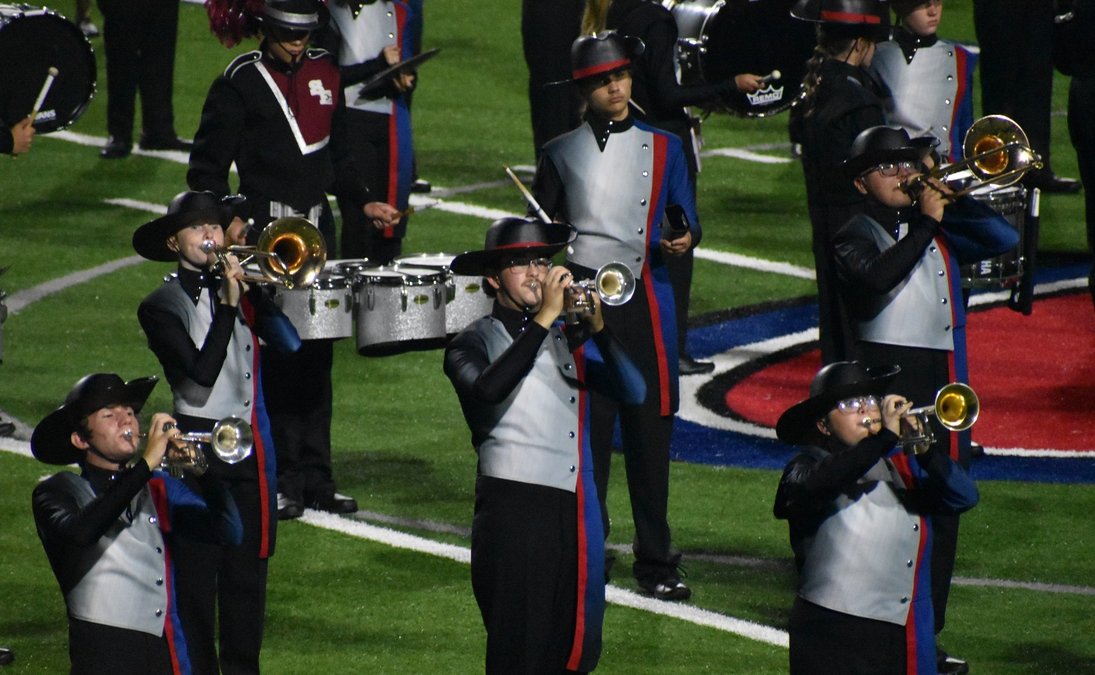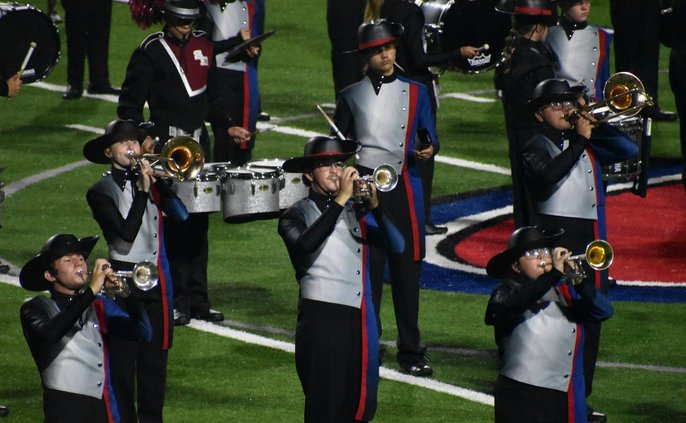Effingham County commissioners have lent their support to regional rural transportation system that is expected to start this summer.
Commissioners voted unanimously for a resolution to ask for a grant from the state Department of Transportation and the U.S. DOT for public transportation assistance.
“We have received several requests for some type of public transportation,” said county administrative assistant Adam Kobek. “I think this is the best program for our transportation dollars.”
“It takes cars off the road and it helps senior citizens,” Commissioner Verna Phillips said. “To me, it sounds like a win-win.”
The Coastal Georgia Regional Development Center has been working on a regional transportation service, merging and utilizing some of the existing services, for nearly three years. A 2005 survey showed there were nearly 6,000 homes in the 10 counties without an automobile. There were also more than 36,000 people over the age of 60 and another 39,000 living in poverty.
The survey showed that nearly 13 percent of the targeted rural population in the region lived in Effingham County.
Barbara Hurst, CGRDC manager for coordinated transportation, said the program was set up over a five-year period in order to make it more affordable for the counties and grow the system.
“We didn’t want to get all the vehicles on the road at one time until we created the public awareness to obtain the ridership,” she said.
The program is set to start in July. The transportation program will use existing DHR vans, and those vans will be replaced as new vehicles from the state DOT become available.
Under the plan, clients of the Department of Human Resources, senior citizens and those receiving temporary aid to needy families who have been getting free rides will continue to receive those.
Those needing a ride will have to call 24 hours in advance. They will let the dispatcher know where they are going and how long they intend to be there. That way the system will know when to pick them up. That trip will be coordinated with other riders headed to similar destinations so they can ride together.
In order to receive federal money under the 5311 section of the federal transit law, the system has to be a demand and response operation.
Hurst said the vehicle and driver who made the initial pickup may not be the same vehicle and driver to take a rider home.
The current fare structure is $3 per pickup and $3 for each additional county a rider transfers to.
The program will start with 61-67 vehicles for the 10-county area, and vehicles are not being permanently assigned to specific counties so they can travel across the region, Hurst said, “in order to avoid a lot of deadheading.”
Three counties have signed up so far, Hurst said, and Chatham County has expressed interest.
The total startup cost for the system is $2.3 million, with $1.6 million coming from current services being provided, with $308,000 being divided among the counties based upon their rural population.
The CGRDC is estimating that 20 percent of the ridership will be public in the initial stages, and the fare box receipts will offset the 10 percent local match needed.
Hurst also said a complaint system will be established for riders who run into problems with the service.
The preliminary estimate for Effingham’s share of the first-year cost is $39,800 and the estimates are based on 100 percent participation from the counties in the CGRDC’s service area. The decision to take part in the program is on a year-to-year basis, and counties can opt out. The financial load will decrease for the counties, since any county that decides not to take part won’t be served.
“However, the proportion of the buy-in share could increase,” Kobek said.
The program merges three pockets of money, according to Kobek. Federal money will account for 80 percent of the budget for vehicles, with the state kicking in 15 percent and the RDC responsible for 5 percent. On equipment, the federal government will pay 80 percent and the state and the RDC each will pick up 10 percent.
“The only thing Effingham County is responsible for is the operating budget,” Kobek said.
Ultimately, the system will use a swipe card or a smart card for its frequent riders. But that won’t be in place when the program starts.
“We’re pushing to get this started up,” Hurst said, “so we don’t have time to get them.”
The CGRDC also is looking at a regional vanpool program for commuter transit.
“We found a significant need for work (transit) as well,” Hurst said.
The RDC is working on a $275,000 federal grant to start the regional commuter vanpool and may seek assistance from area employers. It will be funded from federal resources, ridership fees, employer contributions and advertising to be sold on the side of the vehicles.








